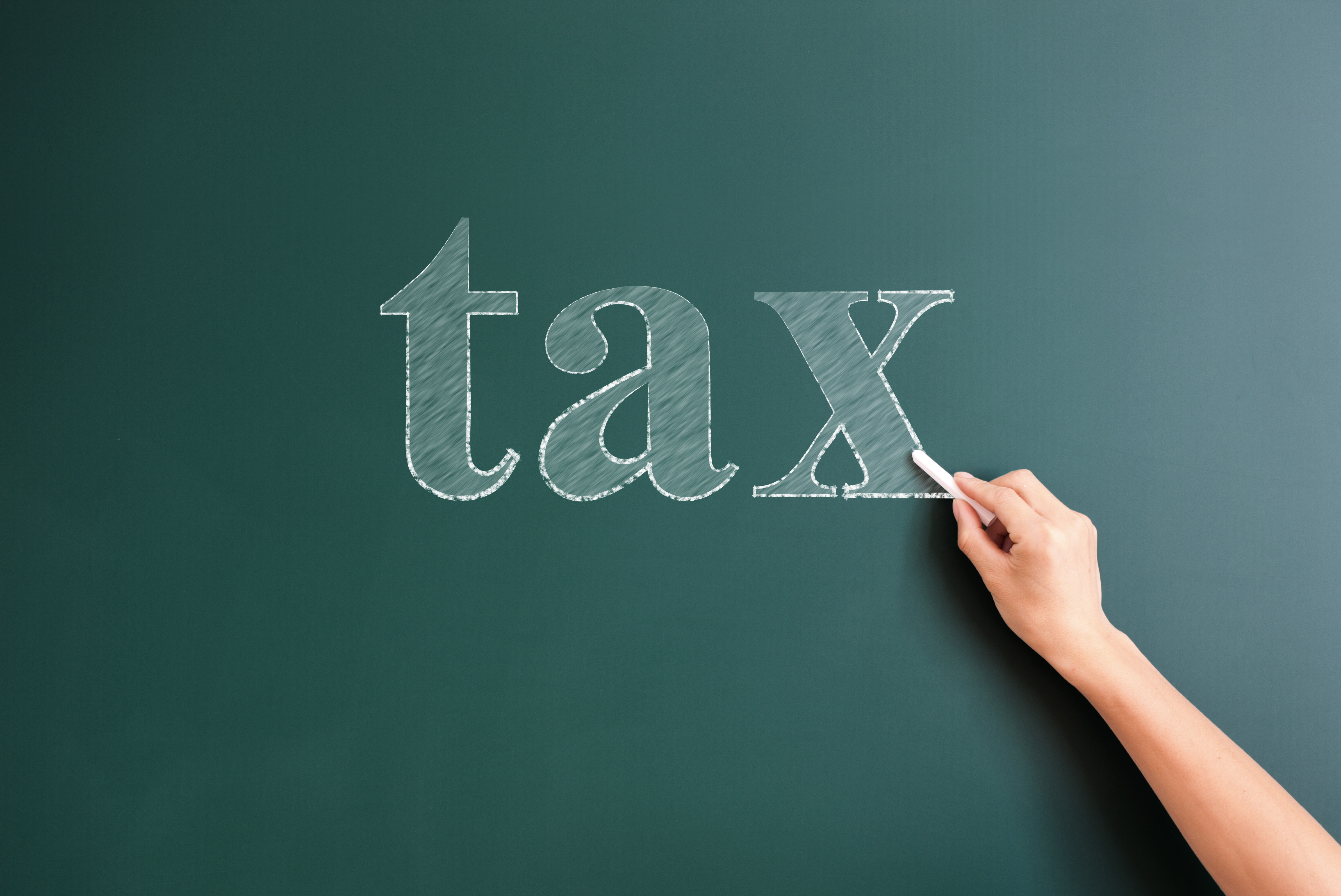
In order to qualify as a tax-exempt organization under IRC Section 501(c)(3), an organization must be operated主要是for tax-exempt purposes. This parameter allows such nonprofit organizations to engage in a limited amount of business activity unrelated to the organization’s exempt purposes. Although a public charity generally does not pay taxes on income from activities related to its tax-exempt purposes, income generated by unrelated activities may result in the imposition of an unrelated business income tax (UBIT).请参阅IRC第511节。
When the UBIT rules were enacted, the concern was to eliminate unfair competition by placing a nonprofit’s unrelated activities on the same tax level as a for-profit business engaging in the same activities. The IRS determines whether earned income is related or unrelated using a three-part analysis.
3 Factors
一般规则是,如果产生收入的活动是:
- 贸易或业务;
- 定期进行; and
- 与组织的豁免目的无关。
IRC第512(a)(1)节。
贸易或业务。The IRS defines trade or business as “any activity which is carried on for the production of income from sale of goods or the performance of services.”IRC Section 513(c)。This definition generally covers any activity that is carried on for the purpose of making a profit. The Regulations suggest that the definition also encompasses the characteristics of a business as defined by federal income tax law, IRC Section 162, relating to deductibility of business expenses.
定期进行。Generally, when an exempt organization carries on a business activity with the same frequency and continuity as a for-profit, the activity is deemed “regularly carried on.” For example, a seasonal activity like a nonprofit’s sale of holiday cards may be subject to UBIT because of the regularity of the holiday season and commercial businesses engaging in the same seasonal activity. On the other hand, engaging in a brief income-producing activity that a for-profit conducts on a regular basis generally will not meet this requirement.
与组织免税目的无关紧要。在这三个因素中,第三个“基本相关”因素通常需要更深入的分析。考虑到所有事实和情况,如果这项活动对实现免税目的贡献重要(other than through the production of funds and how such produced funds are used)。该法规表明,重点是与组织整体活动有关的活动的规模和程度。因此,如果执行豁免目的所必需的活动的规模较大,则更有可能将其视为无关。例如,一家博物馆礼品店出售(用于教育目的)出售其著名画的海报,可能会在其出售纪念品时产生无关的营业应税收入(UBTI),而这些纪念品尚未出售以提高其教育目的。“分裂规则”允许美国国税局分别检查每种项目的销售,并确定出于UBIT目的相关或无关的销售。
These general rules are subject to several exceptions and modifications, the most common of which are summarized below:
Exceptions
-
志愿者开展的企业– Any trade or business where substantially all of the work is conducted by volunteers without compensation.
- Example:位于球场附近的教堂在志愿者执行所有工作时经营商业停车场时不会产生UBTI。
-
Convenience Businesses– A business activity or service that is performed for the convenience of members, students, patients, officers, or employees of the organization.
- Example: A 501(c)(3) museum does not generate UBTI when it operates a cafeteria inside the paid admission area for the convenience of its patrons.
-
Sales of Gift Items–
任何包括出售捐赠商品的贸易或业务。
- Example: A 501(c)(3) organization will not generate UBTI when it operates a thrift store where donated clothes, books and furniture are sold.
- Example: A 501(c)(3) organization will not generate UBTI when it operates a thrift store where donated clothes, books and furniture are sold.
修改
即使非营利组织定期经营与豁免目的无关的业务,也可以通过IRC第512(b)条规定的修改减少或消除从以下活动中产生的收入:
- 房地产的租金
- 兴趣,股息和年金
- 矿产知识产权的特许权使用费
- Income from the sale of capital assets
Other UBIT Rules
- 免税学院,大学或医院进行的研究的收入是excludedfrom UBIT.
- 某些不在商业上进行的宾果游戏是excludedfrom UBIT.
- 合格的赞助付款或一个人(或赞助商)从事交易或业务的任何付款,在没有安排或期望该人将获得付款的任何可观回报率的情况下,也是excludedfrom UBIT.SeeUBIT:广告与合格的赞助付款
异常例外
If an unrelated business activity meets the three UBIT requirements, but also fits into one of the exceptions, the income may still be subject to UBIT if one of the exceptions to the exceptions applies.
- 从受控公司获得的利息,租金和特许权使用费- 豁免组织通常可以在从另一个实体那里获得租金,利息和特许权使用费用时避免使用UBIT,但这些收入是从豁免组织控制的实体收到的。
- 无关的债务融资收入- 如果豁免组织为了获取产生收入的财产而借贷,则该收入的全部或一部分可能受UBIT的约束,即使否则该收入在例外情况下也将被排除在外。
________________________________________________________________________________________________________________________
Although the IRS has not provided a bright line percentage rule that specifies precisely how much unrelated business activity a 501(c)(3) organization may engage in without jeopardizing its exempt status, it is important to keep in mind that the organization must be operated主要是for one or more 501(c)(3) exempt purposes. This operational test will be violated if more than an insubstantial part of the organization’s activities is not in furtherance of an exempt purpose. If an organization’s non-exempt business activities run the risk of being characterized as more than insubstantial, one solution may be to form, and move such non-exempt activities into, a taxablesubsidiary。Organizations contemplating carrying on significant unrelated business activities are encouraged to contact counsel to determine the most advantageous structure.
Additional Resources
IRS出版598“免税组织无关的业务收入税”(PDF;在线的)
“Unrelated Business Income Tax: A Primer” Adler&Colvin的Robert A. Wexler。
最近的发展
定期进行–
- 技术建议备忘录201837014, 9/14/2018
2个关于”的想法解释了无关的商业所得税”
Comments are closed.